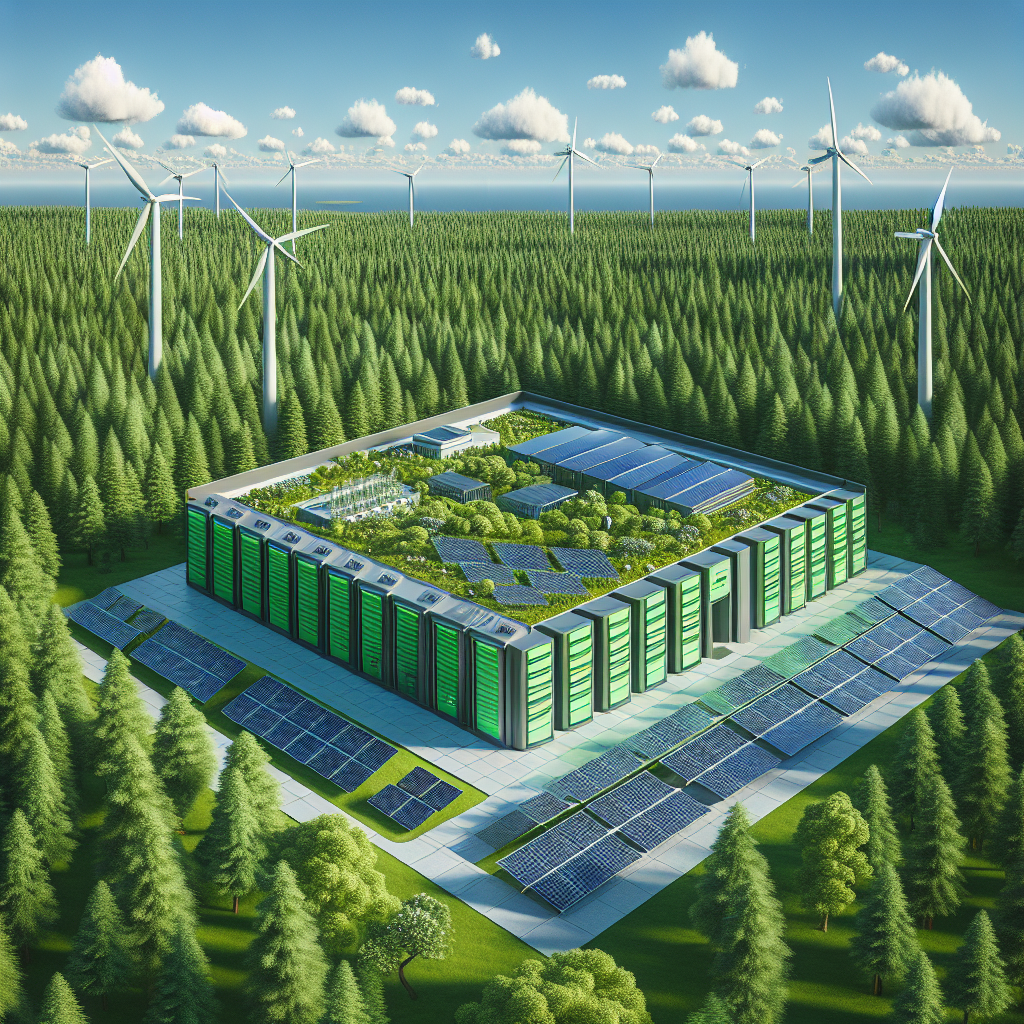Your cart is currently empty!
Tag: Neutrality

FCC Net Neutrality Rules Blocked By Federal Appeals Court
The FCC‘s effort to establish rules of the road for internet service has been sidelined again, as a federal appeals court has blocked the latest version of net neutrality regulations.
The 6th Circuit Court of Appeals concluded that the FCC did not have the authority to implement the rules, which require that ISPs treat all traffic equally. The rules also aimed to limit ISPs from establishing “fast lanes” and “slow lanes,” depending on who paid for preferential treatment.
While the FCC has gone back and forth for nearly two decades on net neutrality, depending on whether a Democrat or Republican is in the White House, the latest decision casts doubt on any future effort to establish robust regulations. That’s because the Supreme Court last year reversed a precedent that gives deference to federal agencies in interpreting laws they enforce. The precedent stemmed from a 1984 case, Chevron vs. NRDC, and came to be known as “Chevron deference.”
A three-judge panel noted that the net neutrality rules “issued during the Biden administration—undoes the order issued during the first Trump administration, which undid the order issued during the Obama administration, which undid orders issued during the Bush and Clinton administrations.” Applying the most recent Supreme Court decision, the judges wrote, “means we can end the FCC’s vacillations.”
The FCC under President Barack Obama passed the most robust set of net neutrality rules, establishing their legal footing by reclassifying internet serves as a Title II telecommunications service, or a common carrier. The latter regulatory maneuver drew widespread opposition among major telecom companies like Comcast and AT&T.
The latest appellate decision held that broadband internet service was actually an “information service,” meaning that the FCC lacked authority to impose rules under Title II. The judges also ruled that mobile service could not be regulated as a common carrier.
The FCC under President Donald Trump largely reversed the FCC rules, but they were reinstated when Democrats regained control of the agency during President Joe Biden’s term.
FCC Chairwoman Jessica Rosenworcel acknowledged that the latest ruling means that the fate of net neutrality likely rests with Congress.
“Consumers across the country have told us again and again that they want an internet that is fast, open, and fair,” she said in a statement. “With this decision it is clear that Congress now needs to heed their call, take up the charge for net neutrality, and put open internet principles in federal law.”
The end of “Chevron deference,” meanwhile, could prove to complicate Trump administration efforts to establish its own regulations. The incoming chair of the FCC, Brendan Carr, opposed reinstating the rules. But he has called for the FCC to take action on the way that major internet platforms, like Facebook and YouTube, moderate their third-party content, arguing that they have had a bias against voices on the right. Any action is likely to be opposed by tech giants and challenged in court.
Today, a federal appeals court has blocked the Federal Communications Commission’s (FCC) net neutrality rules, handing a major victory to internet service providers and a blow to advocates of a free and open internet.The court ruled that the FCC overstepped its authority in imposing regulations that required internet service providers to treat all online content equally, without favoring or blocking certain websites or services.
This decision is a setback for net neutrality advocates who argue that without these rules, internet service providers could prioritize certain content or create “fast lanes” for websites willing to pay more, potentially stifling innovation and limiting access to information.
The FCC has the option to appeal the court’s decision, but in the meantime, the future of net neutrality in the United States remains uncertain. Stay tuned for updates on this important issue.
Tags:
FCC Net Neutrality Rules, Federal Appeals Court, Net Neutrality Ruling, FCC regulations, Internet regulations, FCC court ruling, Federal court decision, Net Neutrality laws, Telecom regulations
#FCC #Net #Neutrality #Rules #Blocked #Federal #Appeals #Court
Achieving Carbon Neutrality: The Path to Sustainable Data Centers
In recent years, there has been a growing emphasis on achieving carbon neutrality in all aspects of our lives, including in the operation of data centers. Data centers are essential facilities that house servers, storage devices, and networking equipment that enable the storage, processing, and distribution of vast amounts of digital information. However, the energy required to power and cool these facilities can have a significant environmental impact, contributing to greenhouse gas emissions and climate change.Achieving carbon neutrality in data centers involves reducing their carbon footprint through a combination of energy efficiency measures, renewable energy sourcing, and carbon offsetting. By implementing sustainable practices, data center operators can minimize their environmental impact and contribute to a more sustainable future.
One of the key strategies for achieving carbon neutrality in data centers is improving energy efficiency. This can involve upgrading equipment, optimizing cooling systems, and implementing best practices for energy management. By reducing energy consumption, data centers can lower their carbon emissions and operating costs.
Another important component of achieving carbon neutrality in data centers is sourcing renewable energy. By investing in renewable energy sources such as solar, wind, or hydroelectric power, data centers can reduce their reliance on fossil fuels and lower their carbon footprint. Many data center operators are also exploring options for purchasing renewable energy credits or entering into power purchase agreements with renewable energy providers to support the transition to clean energy.
In addition to energy efficiency and renewable energy sourcing, data center operators can also offset their remaining carbon emissions through carbon offsetting projects. These projects involve investing in initiatives that reduce or remove greenhouse gas emissions from the atmosphere, such as reforestation, methane capture, or renewable energy projects. By supporting these projects, data centers can balance out their carbon emissions and work towards achieving carbon neutrality.
Overall, achieving carbon neutrality in data centers is a complex and ongoing process that requires commitment, investment, and collaboration. However, the benefits of transitioning to sustainable practices are clear – not only can data centers reduce their environmental impact and contribute to a more sustainable future, but they can also improve their operational efficiency, reduce costs, and enhance their reputation as responsible corporate citizens.
As the demand for data centers continues to grow, it is essential that operators prioritize sustainability and work towards achieving carbon neutrality. By taking proactive steps to improve energy efficiency, source renewable energy, and offset carbon emissions, data centers can play a crucial role in building a more sustainable and resilient digital infrastructure for the future.
